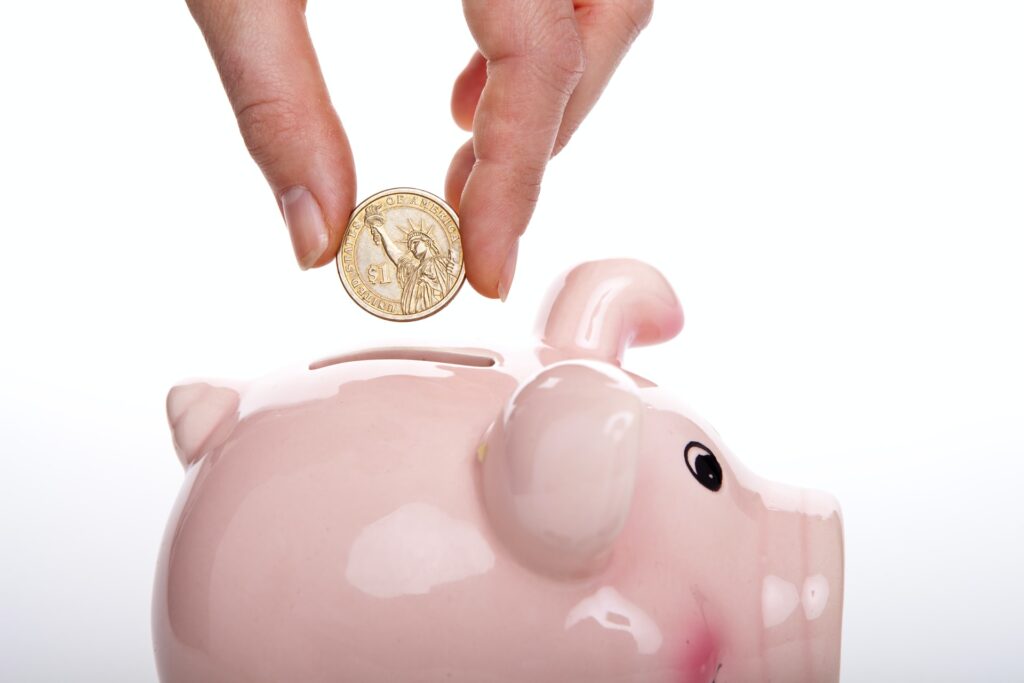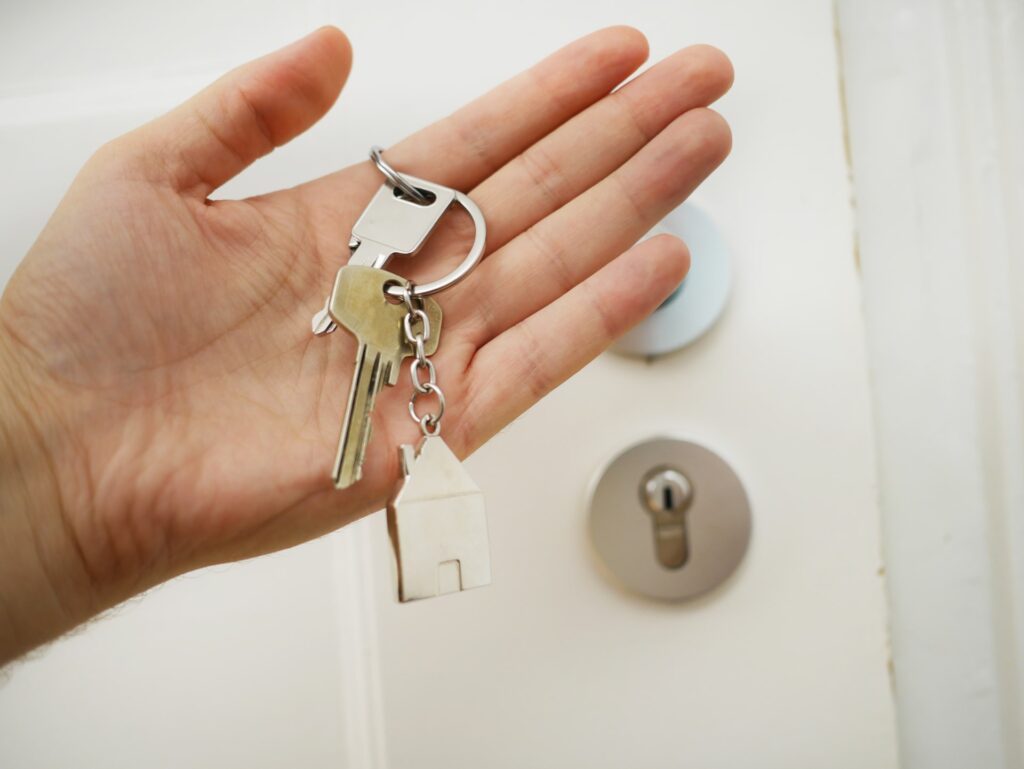Getting onto the property ladder is notoriously difficult. The overwhelming consensus on why it’s difficult usually centers on the deposit. Saving for months or years to build up the wealth to secure a decent mortgage with a trusted lender can be difficult, but doable. However, actually owning a house isn’t a walk in the park, financially speaking. Renters are typically not liable for most repairs, nor are they tied to their agreements for more than a couple of years at most.
Mortgages are more of a commitment. Their benefit comes in spreading the cost of ownership over many years. Yet, because of interest, one of the best things you can do with a mortgage is to pay it off as quickly as possible. With the average mortgage running somewhere between 25 and 35 years, homeowners can reap the benefits of paying less overall. By negotiating mortgages with early repayment allowances, it’s possible to free up funds by chipping away with additional payments.
Paying off a house is a huge achievement. It can set a person up for a bright financial future, with the ability to earn with a minimal amount of fixed costs. However, just like a deposit, it’s a challenge that needs to be planned for.
Back To The Negotiating Table
A great place to start when figuring out how to make a dent in a future mortgage is to scrutinize the mortgage in principle (MIP) you could land in your current circumstances. Many lenders will look carefully at your financial situation when you first buy a house as their main priority is to assess the likelihood of you paying back consistently and at a rate that you can afford.
However, your circumstances are prone to change a lot over time. If you’re due to start a new, more lucrative job, a side hustle with verified proof of taxation over a year, or perhaps inherit a lump sum, you might find a more suitable rate. So, visiting a free service like Trussle’s MIP calculator and spending some time considering the rates available to you in your present situation can help you find out your affordability.

Tackling Fixed Costs
We often treat bills as unmoveable things we can’t avoid, but plenty of factors define the amount we pay. Comparison sites and smart meters can shed light on how much you use and pay for amenities and services.
Mortgages are typically the largest expenditure you’ll have in a month, so the aim is to channel as much money as possible into that expense. You can set yourself additional goals, too. For example, commit to making an extra mortgage payment every two months, or requesting a bi-weekly loan, as opposed to monthly.
Refocus your efforts
Regardless of whether you’re paying off a mortgage or not, high-interest debt has to go as soon as possible. Credit cards, for example, should not be accruing interest that could be pushed towards your mortgage pot. Remember that lenders pay close attention to your credit rating.
Refocusing your money towards paying off a future mortgage can also mean making your money work a little harder for you, too. Any money manager will suggest keeping money in several different ‘pots’ or accounts. Savings accounts, for example, might seem like a good place to drop cash.
However, like a second job, investing your money into low to medium-risk portfolios, whether it’s a standard General Investment Account or a Stocks and Shares ISA can be a great way to find an alternative to low-interest savings accounts. The real benefit here is any potential gains are passive income, so you can simply push those earnings into reducing your mortgage without a huge amount of effort on your part.
It’s an intimidating figure in itself, but a mortgage is best tackled by the ‘little and often’ approach. Breaking down your repayments into smaller increments, and essentially treating all income the same, while also zeroing in on wasted spending for fixed costs, can help you make major progress.
There’s a saying in stock trading that the best investors are the ones who forget their passwords. It rings true for trying to pay off a mortgage quickly and sustainably. Rather than trying to find the magic, one-time fix, change your behavior to make repaying your mortgage a regular, background routine. A good rate, plenty of early repaying, and commitment to the strategy and you could become a homeowner sooner than you think.

Leave a Reply